Building Production-Quality Shiny Applications
🗓️ July 25 and 26, 2022
⏰ 09:00 - 17:00
🏨 National Harbor 2
Overview
Shiny empowers R users to create innovative web applications, without requiring substantial expertise in web development frameworks to get up and running. The positive impact of Shiny in data science workflows across academia and a variety of industries is well-known and growing by the year. It is quite common for an early prototype of a Shiny app to generate tremendous excitement for key stakeholders and decision makers, often leading to requests for enhancements and ultimately be included in a production pipeline or process. The road to meeting this goal is challenging, especially for data scientists and statisticians not accustomed to software development!
Logistics
Each day of the workshop will start at 9 AM and end at 5 PM, with multiple coffee breaks and a lunch break throughout. All materials for the course will be viewable online at shinyprod.com and hosted on GitHub at github.com/rstudio-conf-2022/shiny-prod-apps. We also have a discussion board within the GitHub repository available for collaboration on questions and issues. For real-time messaging, we will be using a specific channel within the rstudio::conf(2022) Discord. Additional details for onboarding will be sent prior to the workshop.
Assumptions
This workshop assumes you have intermediate knowledge of Shiny application development. Specifically, that you have basic familiarity with binding inputs to outputs and application layout. If you consider yourself a beginner with Shiny, the material in this workshop may be difficult to follow during the two days. If you intended to enroll in a workshop geared towards an introduction to Shiny, please contact RStudio to see if you can switch to the Getting Started with Shiny workshop led by Colin Rundel.
Although Shiny is certainly the main focus of this workshop, we will be leveraging other capabilities of R in the materials and example applications:
- We will be using packages from the tidyverse to assist with data munging and processing. The majority of example code and exercises will provide the necessary code, but if you wish to make modifications we recommend R for Data Science as a great reference for becoming familiar with the tidyverse.
- In certain situations the Shiny applications we create will leverage APIs deployed via the
{plumber}package. You won’t be expected to create APIs from scratch in the workshop, but you are welcome to visit the package website to learn more about how APIs are created with plumber. To invoke the APIs from Shiny, we will leverage the{httr2}package.
Prework & Setup
You can find complete details on the required pre-work and setup instructions at the setup tab.
Meet the Workshop Team
Instructor
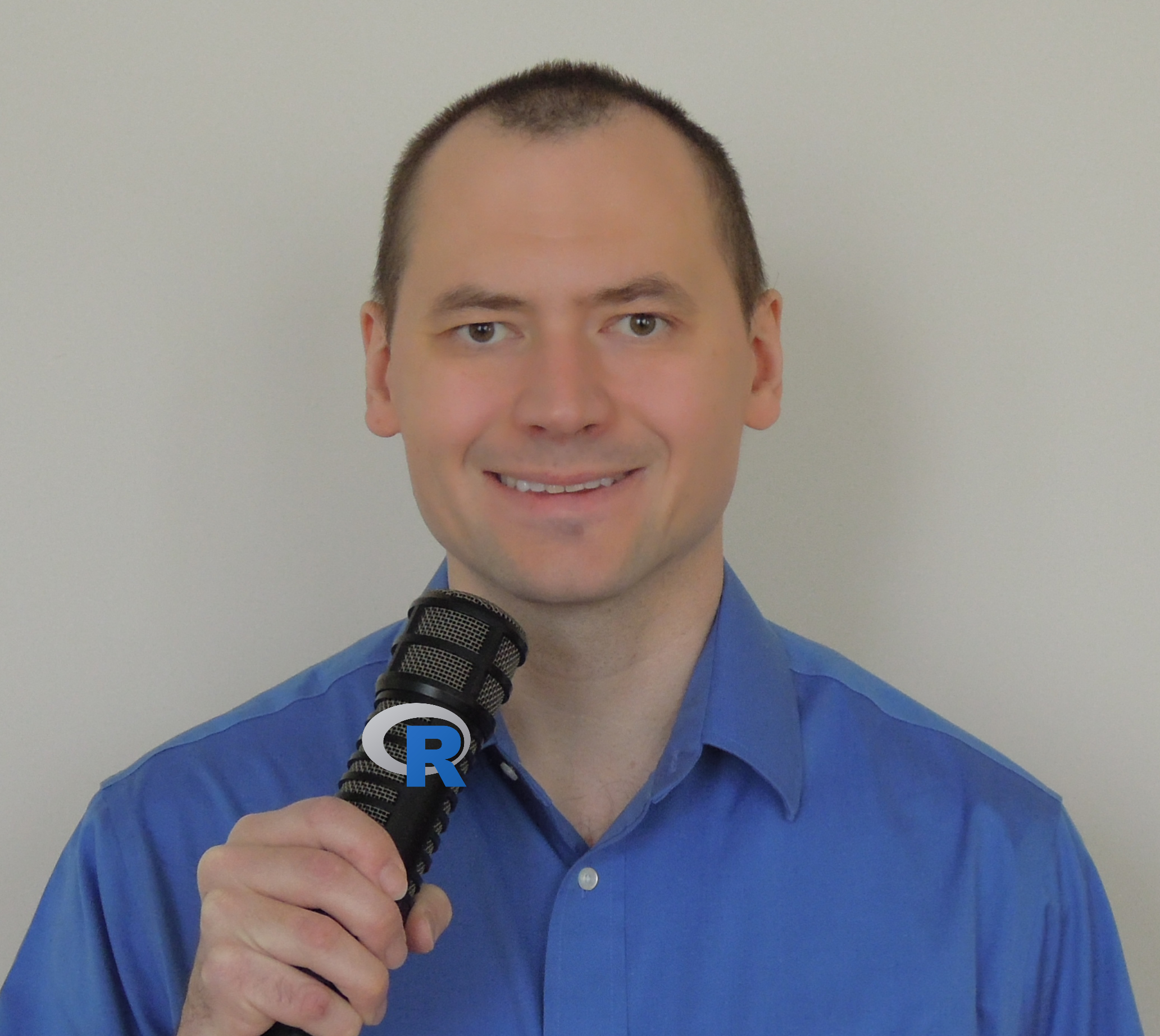 Eric Nantz is a director within the statistical innovation center at Eli Lilly and Company, creating analytical pipelines and capabilities of advanced statistical methodologies for clinical design used in multiple phases of development. Outside of his day job, Eric is passionate about connecting with and showcasing the brilliant R community in multiple ways. You may recognize his voice from the R-Podcast that he launched in 2012. Eric is also the creator of the Shiny Developer Series where he interviews authors of Shiny-related packages and practitioners developing applications, as well as sharing his own R and Shiny adventures via livestreams on his Twitch channel. In addition, Eric is a curator for the RWeekly project and co-host of the RWeekly Highlights podcast which accompanies every issue.
Eric Nantz is a director within the statistical innovation center at Eli Lilly and Company, creating analytical pipelines and capabilities of advanced statistical methodologies for clinical design used in multiple phases of development. Outside of his day job, Eric is passionate about connecting with and showcasing the brilliant R community in multiple ways. You may recognize his voice from the R-Podcast that he launched in 2012. Eric is also the creator of the Shiny Developer Series where he interviews authors of Shiny-related packages and practitioners developing applications, as well as sharing his own R and Shiny adventures via livestreams on his Twitch channel. In addition, Eric is a curator for the RWeekly project and co-host of the RWeekly Highlights podcast which accompanies every issue.
Teaching Assistants
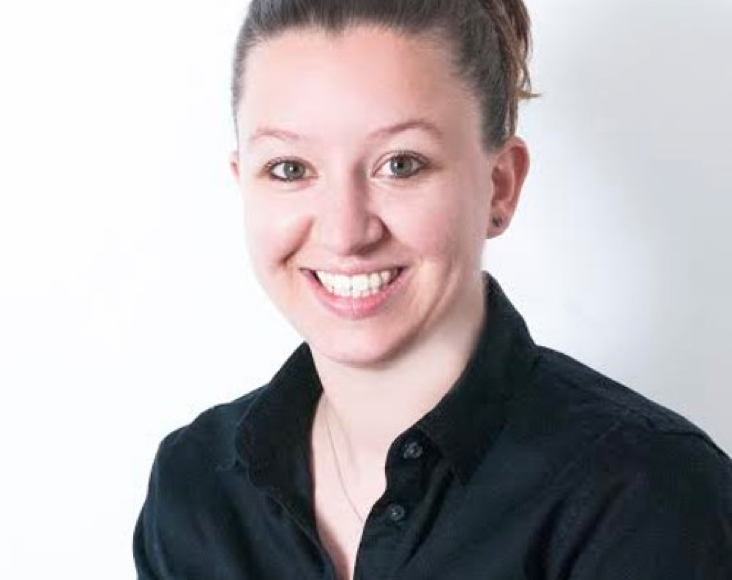
Tanya Cashorali is the founder of TCB Analytics, a boutique data and analytics consultancy. After graduating from Northeastern University with dual Computer Science and Biology degrees, Tanya started her career in the data-rich field of bioinformatics in the early 2000s. The next decade of Tanya’s career included more commercial use cases for data science and analytics. Tanya also hosts a world-wide community network of over 500 data enthusiasts, has helped universities launch data science programs, and is a frequent speaker at tech conferences.
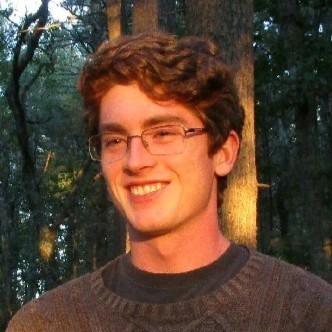
Ian Dinnie’s background is in social science. Prior to joining RStudio’s customer success team, Ian worked for a non-profit economic and public policy consulting company based in Massachusetts, where he worked on projects primarily regarding economic impact analysis, demography, and housing policy. During his time there, he developed a shiny app that displayed enrollment projections for the state’s public universities and community colleges.

Aaron Jacobs is a Software Engineer at RStudio, working on their pro products. He is a longtime member of the R community and is mostly known for his public work on using R in production.

Derrick Kearney is a member of RStudio’s Quality team. He is intentionally curious and appreciates software that works as intended.
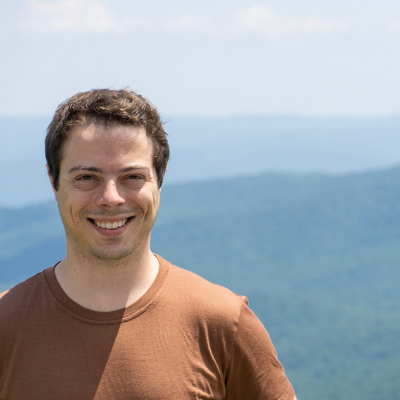
Nick Strayer is a software engineer on the Shiny team at RStudio. Nick has been at the forefront of telling powerful stories through data analyses and visualization, such as in his previous roles at the New York Times and the Johns Hopkins Data Science Lab. He has authored many R packages leveraging the power of javascript within R & Shiny, such as shinysense and manhattanPlotr.
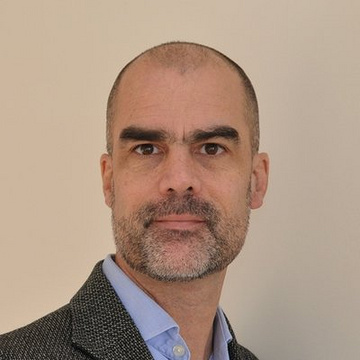
Andrie De Vries started using R in 2009 for market research statistics. He is a regular contributor to StackOverflow and co-author of “R for Dummies”. He contributed several R packages to CRAN, including miniCRAN, checkpoint, ggdendro, sss, and surveydata, and regularly speaks at industry events and R user groups. He is a qualified yoga teacher, and continues to study yoga therapy annually in Chennai, India.